In addition to Weibo, there is also WeChat
Please pay attention

WeChat public account
AutoBeta


2024-11-22 Update From: AutoBeta autobeta NAV: AutoBeta > News >
Share
AutoBeta(AutoBeta.net)10/17 Report--
According to foreign media reports, Standard & Poor's Global Mobility, an automobile industry research institute, released a report saying that the European energy crisis has caused the European automobile industry to face huge pressure on energy costs, coupled with energy use restrictions before winter may cause car factories to stop production.

The energy cost of cars in Europe has risen from 50 euros before the energy crisis to 687-773 euros per vehicle, while the supply chain of the entire automotive industry needs to use a lot of energy, especially the pressing and welding of metal structures, so automobile suppliers are under great pressure, Sipp Global Mobility pointed out in the report. In addition, the supply chain of the European auto industry will be severely disrupted from November to next spring as both European carmakers and suppliers will be subject to strict energy use restrictions.
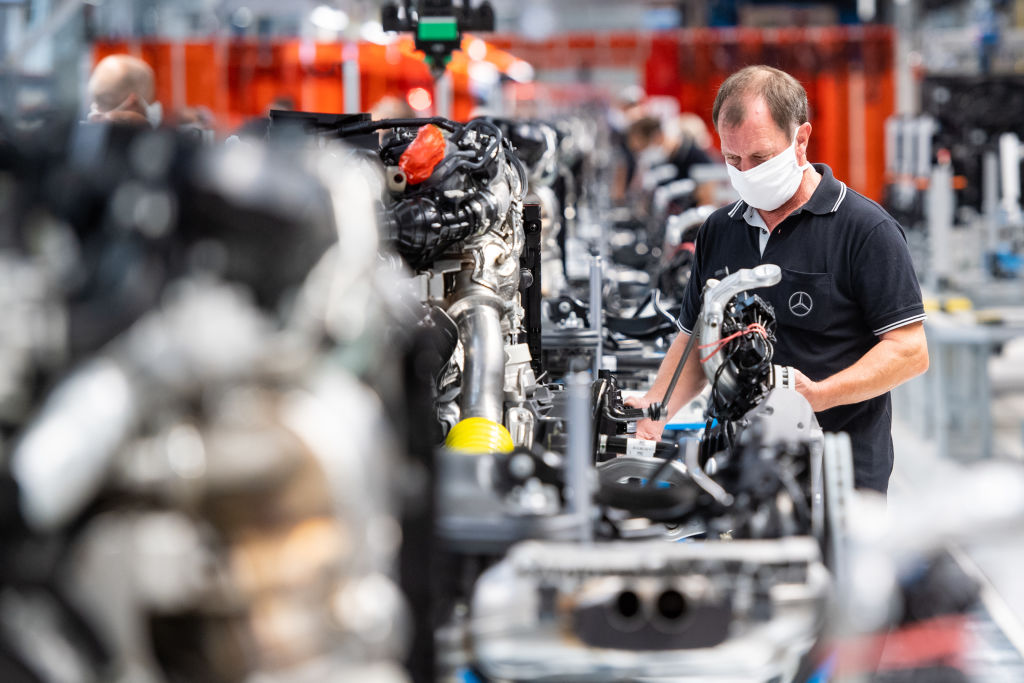
According to the report, according to the original plan, European auto companies are expected to produce between 4 million and 4.5 million vehicles per quarter from the fourth quarter of this year to next year. In view of the sharp rise in energy prices and government restrictions on energy use before winter, Sipp Global Mobility expects that the European energy crisis will lead to a 30% reduction in car production by 30% per quarter, that is, a reduction of about 275 to 3 million vehicles per quarter. In a worst-case scenario, production could be cut by 1 million vehicles a quarter.
European carmakers have had to relocate their production lines in order to reduce energy costs. Among them, Volkswagen Group launched a battery laboratory at its Tennessee plant in June this year, and Volkswagen will invest a total of $7.1 billion in North America by 2027; Mercedes-Benz opened a new battery plant in Alabama in March; BMW announced a new round of electric vehicle investment in South Carolina in October. Relevant media commented that high energy costs may force energy-intensive companies in some European countries to cut production or stop production, making Europe face the challenge of "deindustrialization". Some people in the industry believe that if the above problems are not solved for a long time, the industrial structure of Europe may change permanently.
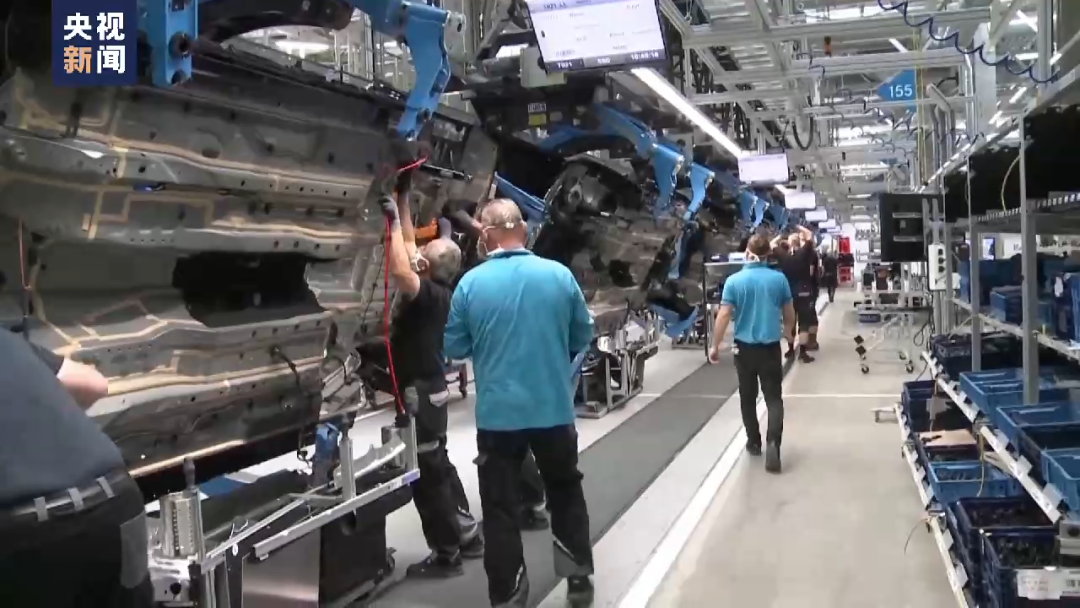
In addition, in addition to the pressure on local production in Europe, almost global carmakers will also be affected to varying degrees as European suppliers export parts to the world.
At present, the European electric vehicle market is growing rapidly. According to the European Manufacturers Association, the market share of pure electric vehicles in Europe almost doubled to 10% in the first quarter of 2022 compared with the same period last year, and the market share of plug-in hybrid vehicles is also close to 9%.
For the Chinese market, Europe is an important destination for Chinese cars, especially new energy vehicles. Chinese car companies' layout of the European market can be traced back to 2005. In 2005, Lufeng began to export to Europe, followed by the launch of a land-style off-road model, which starts at 15000 euros, when Lufeng tried to open the European market at a low price, but failed. Guanzhi officially announced its withdrawal from the European market in 2015 after it entered Europe on behalf of Chinese companies in 2013, but the following year, it sold only 51 new cars in the European market, resulting in a full-year loss of 300 million euros. By 2020, Chinese car companies such as Xilai Automobile, Xiaopeng Automobile, BYD, Red Flag, Lecke, Lantu Automobile and other Chinese car companies have successively distributed the European market with new energy vehicles. Chinese car companies sold 49000 new cars to Europe in 2018, 58000 in 2019 and 88000 in 2020, according to the Federation of passengers.
With the layout of more Chinese car companies, the market of new energy vehicles in China and Europe has expanded rapidly, and the sales of Chinese car companies exporting to Europe have also increased sharply to 189000 vehicles in 2021. Previously, Wang du, deputy secretary general of the China Automobile Circulation Association, said that 49 percent of China's new energy vehicle exports last year were exported to the European market. Chen Shihua, deputy secretary general of the China Automobile Association, also said a few days ago that according to statistics, nearly 10 Chinese car companies have exported new energy vehicles to Europe, and Chinese electric vehicles have accounted for 10% of the total sales of electric vehicles in Europe.
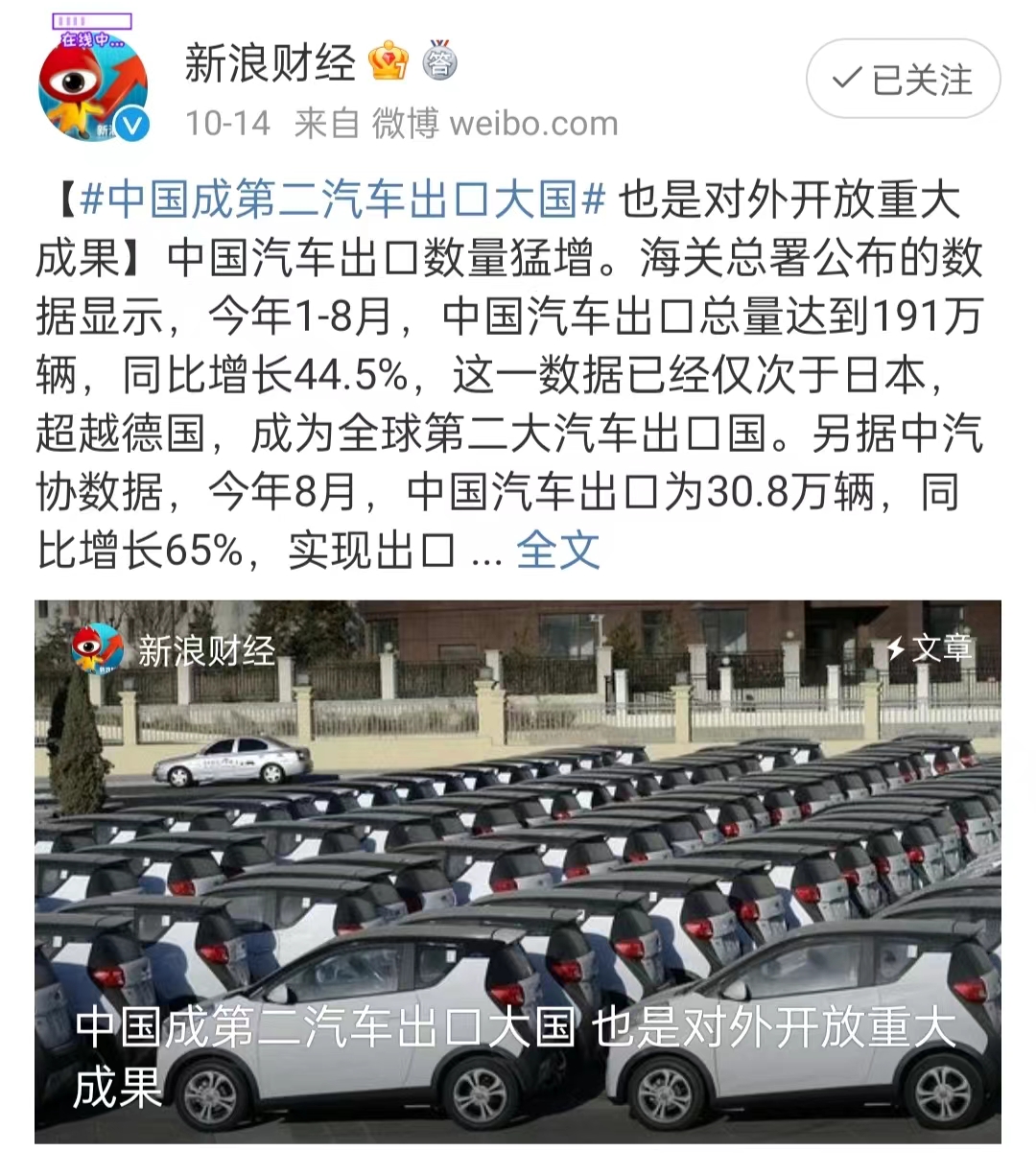
After entering 2022, the number of Chinese car exports continues to soar, and a number of car companies have still announced their entry into the European automobile market. As of the first August of this year, China has become the second largest automobile exporter. According to previous reports, BYD announced a partnership with European dealer group Hedin Mobility to provide new energy vehicles for the Swedish and German markets. On September 28th, BYD held an online launch of new energy passenger vehicles in Europe and launched three new cars, Chinese, Tang and Yuan PLUS, which opened multi-country delivery in Europe and plans to take a step forward to expand the French and British markets by the end of the year. On October 8th, at the NIO Berlin 2022 event in Berlin, Xilai announced that it would enter Germany, the Netherlands, Denmark and Sweden at the same time, and launch three models of ET5, ET7 and EL7 (domestic ES7), while the products under the internal code ALPS project will also enter the European market. In addition to BYD and Lulai, previous companies, including Great Wall Motor and SAIC, have entered Germany. SAIC has proposed to make full use of the European market in 2022, making European sales exceed 100000 vehicles, and overseas sales of 1.5 million vehicles by 2025, more than double that of the end of 2021. The large-scale entry of Chinese car companies into the European market also means that Chinese new energy vehicles may compete with European car brands.
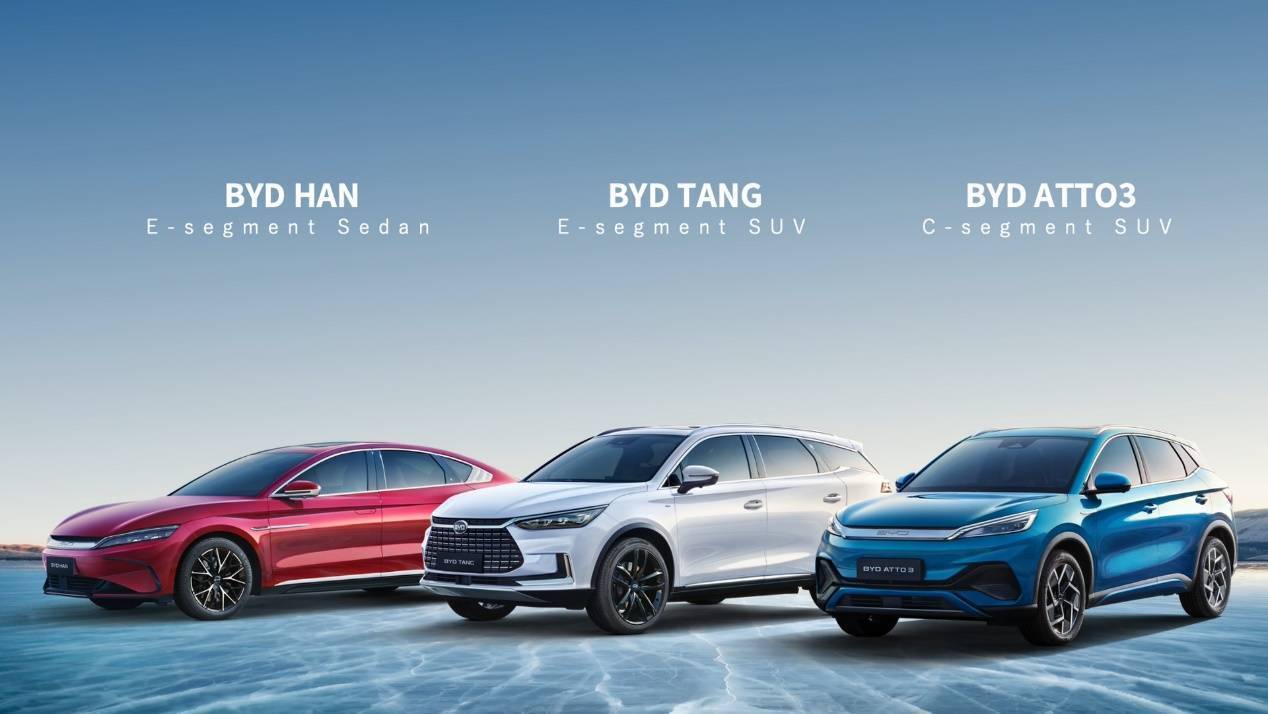
According to data from the China Automobile Association, from January to August 2022, China's car exports surpassed Germany for the first time, ranking second in the world. Two of the top three markets for new energy vehicle exports are European countries, and the three major markets are Belgium, the United Kingdom and Thailand. China's car exports rose 65 per cent in August from a year earlier to 308000, exceeding 300000 for the first time in history, with Chinese car companies exporting 193000 new cars to Europe from January to August, more than the whole of last year.
Welcome to subscribe to the WeChat public account "Automotive Industry Focus" to get the first-hand insider information on the automotive industry and talk about things in the automotive circle. Welcome to break the news! WeChat ID autoWechat
Views: 0
*The comments in the above article only represent the author's personal views and do not represent the views and positions of this website. If you have more insights, please feel free to contribute and share.







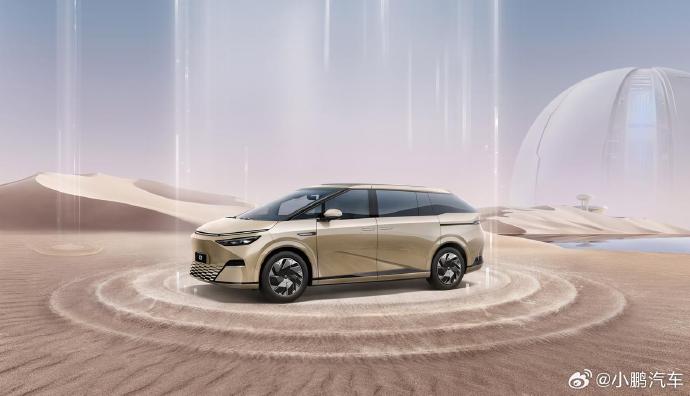



© 2024 AutoBeta.Net Tiger Media Company. All rights reserved.